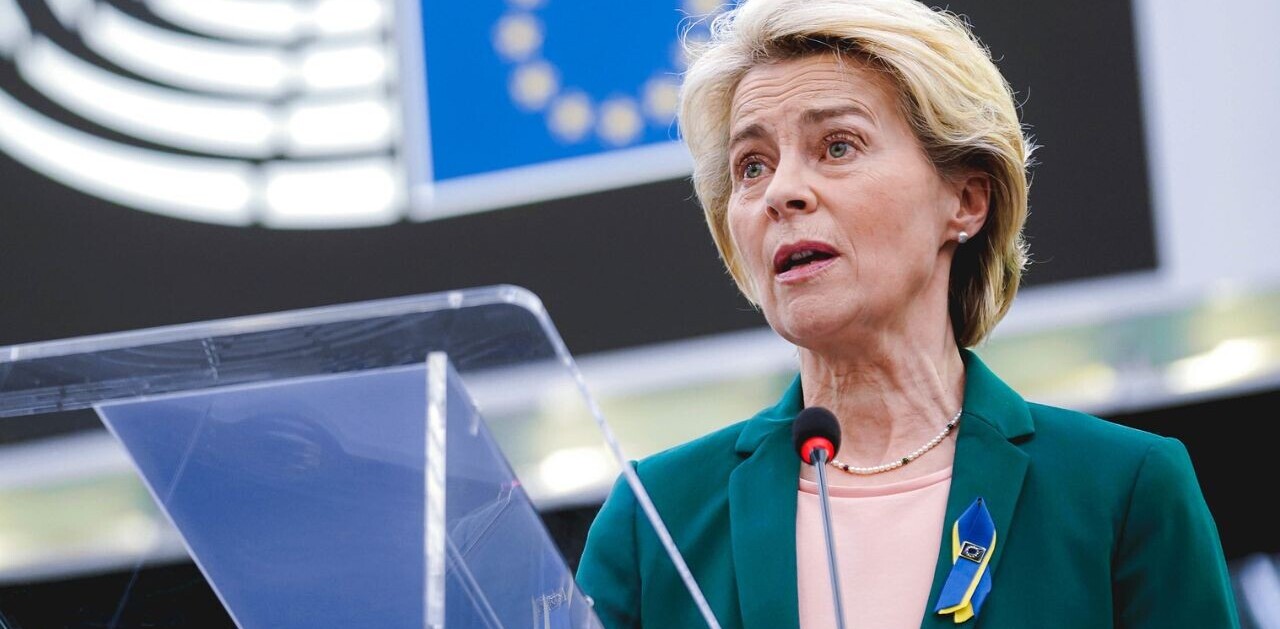
Taiwan, the world’s largest semiconductor supplier, is offering an unexpected helping hand to Lithuania — and, with it, Europe as a whole.
The Asian nation will invest a little over €10 million ($9.98 million) towards chip production in the Baltic country, the head of the Taiwanese representative office in Vilnius said on Monday.
As Reuters reports, Taiwan’s Industrial Technology and Research Institute (ITRI) will work together with Lithuania’s electronics manufacturer Teltonika to develop semiconductor technology, while more than a dozen Taiwanese scholarships will be offered to Lithuanians for training purposes.
According to Eric Huang — head of the representative office — the €10 million investment will be finalized by early next year. The money is part of a €200 million equity investment fund and a €1 billion loan facility for Lithuania and other central and eastern European countries.
Even mention of a European chip partnership with a powerhouse like Taiwan is remarkable. Up to now, the country has only approached strategic partners like the US and Japan — global players that amidst rising tensions with China would come to the island’s defence.
For Europe, this investment is good news. When it comes to semiconductor chip production, Europe is effectively non-existent. This was shown in stark terms during the pandemic, when supply chains crumbled and the continent struggled to source any chips, leading to entire industries creaking.
The EU, of course, has taken note — and has tried to boost its domestic manufacturing capacity for chips in two main ways.
First off, it has presented the European Chips Act this year, which aims to build a local semiconductor industry. Secondly, it has attempted to attract big players to build factories to the continent, like its €68 billion investment into Intel to open a German site.
Of course, none of these moves have made much of a difference, and the continent remains dependant on Asian manufacturers. And there are some arguments that these moves by the bloc are too little, too late. But there is cause for hope.
Yes, Taiwan’s €10 million investment investment in Lithuania is a drop in the ocean. Creating a functioning semiconductor chip industry in Europe will take hundreds of billions — if not trillions — of euros in investment, but this symbolic action hints a brighter future for the continent.
Europe may only be at the beginning of its plans to become a chip producer, but that bit of movement is better than none. All journeys start with a single step, after all.
Get the TNW newsletter
Get the most important tech news in your inbox each week.





